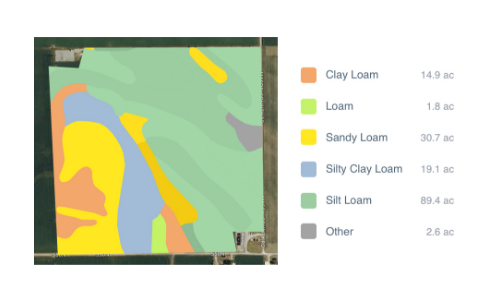Open data has two major uses in this sector: helping individuals find homes to rent or buy, and enabling contractors and city planners to develop those homes as well. The most widely used data includes housing, demographic and social, and geospatial.
Some of the world’s largest companies using open data are real estate websites that help potential renters or buyers make informed housing choices. They use open data to provide users with comparable property prices, crime statistics across neighborhoods, and proximity to public educational, health, and recreational facilities.
Open data can also be valuable for the construction industry: open land use information and permits are consulted before undertaking excavation works and beginning building on new sites.
Types of Data Most Used
Size, Type & Founding Year
How Organizations Use Open Data

Use Cases


Template
Country: United States
Impact: Farmers benefit from tools for better crop management and to measure environmental factors
Data Used: Rainfall data from US National Oceanic and Atmospheric Administration’s (NOAA) National Climatic Data Center, soil data from US Department of Agriculture
FarmLogs provides farmers with a free software and mobile application to map and analyze crop yields and environmental conditions for crop growth through government data. Their Farmlogs free Standard includes several features: Field Mapping, Scouting and Notes, Activity Tracking, Rainfall Tracking, GDD Accumulation, Soil Composition Maps, Growth Stage Analysis, Yield Maps, Input Planning. They also empower farmers to coordinate with the government to request data for their lands. On their website, FarmLogs details instructions on how to contact the US Department of Agriculture's Farm Service Agency for field boundary data. Upon receipt, FarmLogs interprets the data and creates field boundaries on mapping systems for farmers to demarcate their lands.





